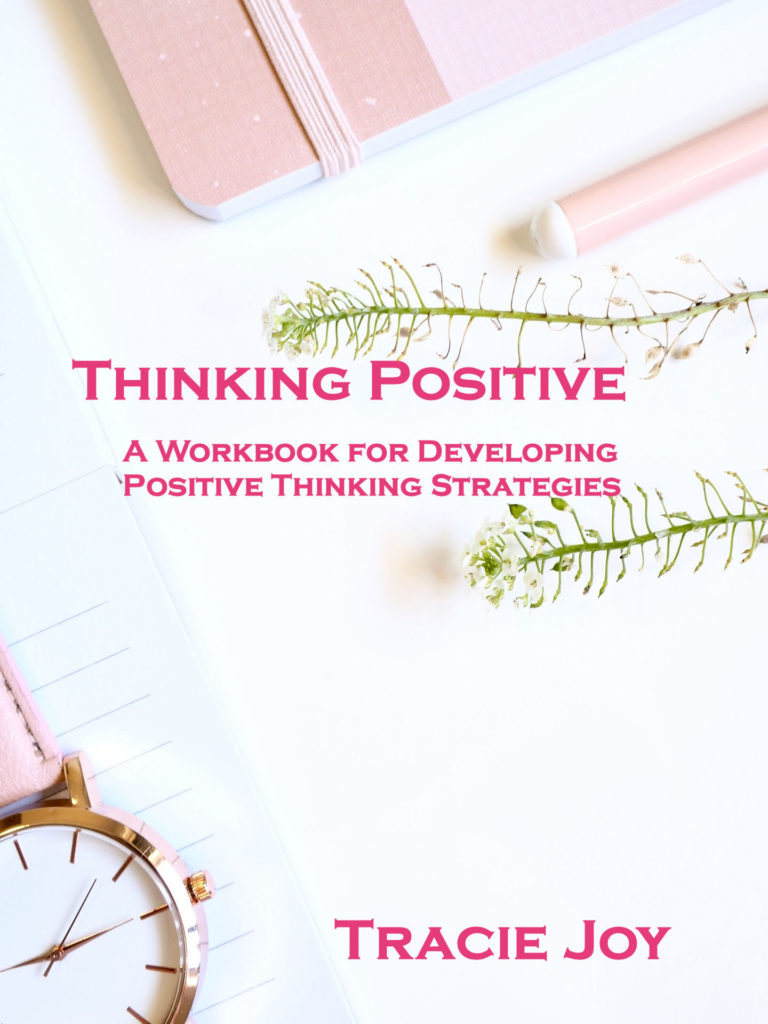How to Handle Criticism Without Losing Confidence
Criticism is one of those things we all face—whether it’s on our writing, our teaching, our parenting, or just how we live our lives. It can sting, even when it’s meant to be constructive. But here’s the truth: learning to handle criticism without letting it shatter your confidence is a superpower. With the right approach, feedback becomes less about pain and more about growth.
Criticism: The Double-Edged Sword
The first step in learning how to handle criticism is understanding that not all of it is the same. Constructive criticism comes from a place of wanting to help you improve, while destructive criticism is designed to tear you down.  An editor who suggests tightening a scene to build tension is offering something useful. A random commenter declaring, “This book sucks,” is not.
An editor who suggests tightening a scene to build tension is offering something useful. A random commenter declaring, “This book sucks,” is not.
It’s worth pausing here: destructive criticism can feel louder because it goes straight for your emotions. Constructive feedback often requires effort—it asks you to reflect, revise, and maybe even admit you could do better. But when you know how to handle criticism, you develop an inner filter. You can sort the useful gems from the trash, keeping your energy focused on what will actually make you stronger.
A good practice is to ask yourself three questions when faced with feedback: (1) Does this person know what they’re talking about? (2) Is their intention to help me or to harm me? (3) Can I learn something from this? If the answer is “yes” to at least two of those questions, that feedback is worth your time.
You Are Not Your Work
Another way to protect your confidence is to separate yourself from your work. What you create is something you do, not who you are. Writers in particular often struggle with this, because words feel deeply personal. But if you learn to handle criticism by reminding yourself of this boundary, you’ll find it easier to accept feedback without feeling personally attacked.
Think about it like this: if someone critiques a recipe you cooked, does that mean you’re a terrible person? Of course not—it just means the dish needs more salt. The same logic applies to writing, teaching, or art. When someone points out an issue, it’s about the product, not your character. A simple mantra like, “This is feedback on my work, not on me as a person,” can go a long way toward keeping your self-worth intact when criticism shows up.
Build Your Confidence Buffer
Confidence doesn’t magically appear—it’s built. And one of the smartest ways to build it is to create a buffer against negativity. Try keeping a “wins” file where you collect positive feedback, accomplishments, and kind words from  readers, students, or colleagues. On the days when criticism hits harder than usual, flipping through that file reminds you of your worth.
readers, students, or colleagues. On the days when criticism hits harder than usual, flipping through that file reminds you of your worth.
I recommend saving screenshots of encouraging emails, keeping thank-you notes in a box, or even creating a document where you jot down daily wins. When you truly want to handle criticism without spiraling, having these reminders at your fingertips can make all the difference.
And don’t underestimate the power of community. Surround yourself with people who encourage and challenge you in equal measure. If you’re a writer, join a critique group where feedback is given respectfully and constructively. If you’re a teacher, seek out colleagues who lift one another up. The people around you matter. Their voices can either drown out destructive criticism or amplify your self-doubt. Choose wisely.
Responding Instead of Reacting
One of the hardest parts of learning to handle criticism is controlling the first reaction. Let’s be real—our gut response to tough feedback is usually defensive. Maybe we want to argue, shut down, or dismiss it entirely. That’s normal. But growth comes from taking a pause.
Before responding, give yourself a moment—or even a day—to let emotions settle. Then come back to the feedback with fresh eyes. If the critique is constructive, you might realize the other person made a valid point you couldn’t see in the heat of the moment.
When you do respond, focus on curiosity rather than defensiveness. Ask clarifying questions: “Can you show me what part felt unclear?” or “What would make this section stronger for you?” This not only gives you practical guidance but also shows maturity. Sometimes the most powerful way to handle criticism is as simple as saying, “Thank you.” Gratitude signals strength and professionalism, not weakness.
Learning When to Let Go
Of course, not every critique deserves your time or energy. A big part of learning to handle criticism is knowing when to let go. If the feedback is vague, mean-spirited, or obviously intended to harm, you don’t owe it your attention.
Think of it this way: every minute you spend obsessing over a troll comment is a minute you could spend improving your work, connecting with supportive people, or simply enjoying your life. Not all voices deserve equal weight in your head. Release the ones that don’t help you grow.
Here’s a trick I use: imagine putting that unhelpful critique into a balloon and letting it float away. It’s no longer your burden to carry. It’s amazing how freeing that mental image can be.
Criticism as Fuel
The most resilient people know how to turn criticism into fuel. They treat it as raw material for growth instead of a stop sign. When someone points out a flaw, they see an opportunity to improve. When someone delivers feedback poorly, they still search for the nugget of truth hidden inside.
This doesn’t mean you have to agree with every piece of feedback you receive. It means you learn to listen, reflect, and decide what’s useful. Over time, your confidence grows not because you’ve avoided criticism, but because you’ve learned to handle criticism without losing your sense of self.
If you want more strategies on growing through feedback, I’ve written a companion post you may find helpful: Giving and Receiving Feedback: A Writer’s Guide. Together, these two posts give you a toolkit for transforming feedback from something you fear into something you embrace.
A Final Word
Criticism will always be part of the creative and professional journey. You can’t avoid it, but you can choose how you respond. Once you learn how to handle criticism with resilience, it stops being a roadblock and becomes a stepping stone toward growth.
The next time someone offers feedback—whether it’s from a teacher, a colleague, or even an internet stranger—pause, breathe, and ask yourself: What can I take from this that will make me stronger? Then take that piece, leave the rest behind, and keep moving forward with confidence.
🔗 Helpful reads: American Psychological Association: Constructive Criticism | Harvard Business Review: Find the Coaching in Criticism




One Response